Description
CONTENTS
- Variants of Islamism and Post-Islamism
- Post-Islamist Intellectual Discourse and Democracy
- Post-Islamism: A Critique from Within
- Multiple Salafism and De-Radicalization
- Mainstream Islamism and the Failure of Post-Islamism
- Post-Islamism and Armed Struggle
- Post-Islamism: Beyond September 11 and the Enlightened Moderation
About the Author
Husnul Amin specializes in social movement studies, religion and politics, conflict and peace studies, and contemporary Muslim intellectual thought movements. He has an academic background in political economy, development studies, and political sociology. Dr. Amin is currently an Associate Professor of Politics at the Department of Politics and International Relations & Executive Director of the Iqbal International Institute for Research & Dialogue (IRD), International Islamic University Islamabad (IIUI). He was recently awarded (2019-20)
Fulbright Visiting Research Fellowship jointly hosted by the South Asia Center, University of Pennsylvania and Stockton University, NJ, United Stated. The Fulbright fellowship opportunity was utilized for carrying out a research project on the emergence of youth mobilization and rights-based activism in the region adjacent to Pak-Afghan border. Dr. Amin was also awarded postdoctoral fellowship supported by the DRS- COFUND Fellowship Program of Freie University Berlin and the European Commission, hosted by the Berlin Graduate School Muslim Cultures & Societies (BGSMCS) during his research stay (2013-2014); availed fellowship at William & Mary, Virginia, USA (Jan 2014), and short-term research stay at the University of North Carolina Wilmington, USA (Oct 2015). In 2006, he was awarded foreign fellowship to pursue his PhD in Development Studies with further specialization in Political Sociology from the International Institute of Social Studies, The Hague, Erasmus University Rotterdam, The Netherlands. He has been providing academic research supervision since 2010 to MS and PhD students. Dr. Amin has published several books and numerous journal articles, and book chapters. He has received multiple scholarships and his main areas of teaching and research are: Post-Islamism and Islamic Social Movements; Ethnicity, Migration, and Nationalism; International Political Economy; Religion and Politics in the Middle East; Advanced Research Methods; Public Policy Analysis; and Globalization & World Politics. The author can be reached at [email protected]
ABOUT THE BOOK
The author explores quite assiduously this silent evolution of post-Islamism in Pakistan: during 2006-2014. The book argues that it was in 1999 that postcolonial Pakistan took consciously the path of moderate Islam, recognizing the space for women, youth, and non-Muslim voices and consequently allowing pluralism to play a crucial role in the SOClO – economic development and democratization of Pakistani society. It was made possible by the emergence of a thought movement formed by seceded intellectuals from the mainstream Islamist movements. Author explains that Islamism’ is one of several revivalist movements. It is, however, distinguishable from others for its call for top-down reforms. The following three elements separate it further from other movements political interpretation of the scripture blurring the distinction between collective and personal obligation, socio political struggle for the enforcement of sharia and adoption of modern forms of communication.”
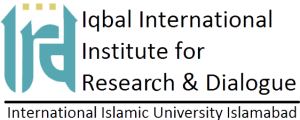
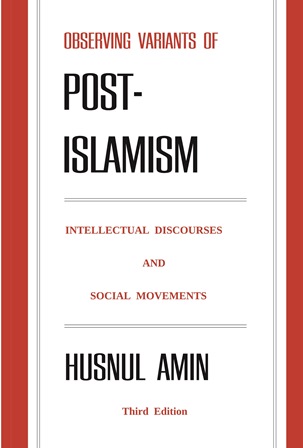
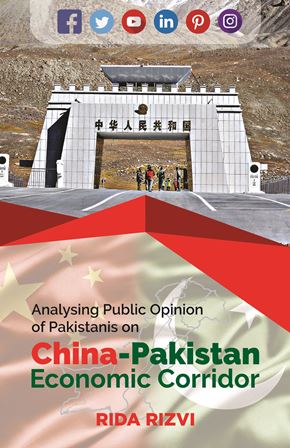
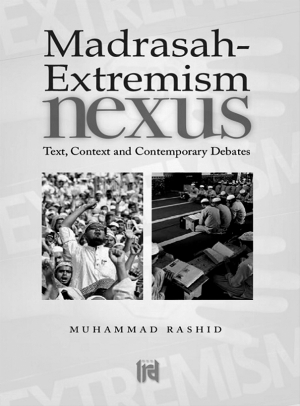
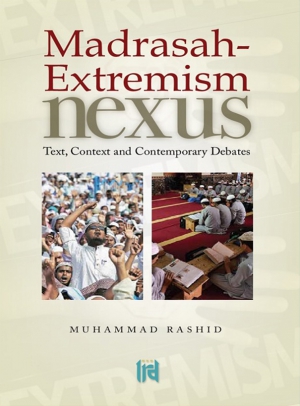
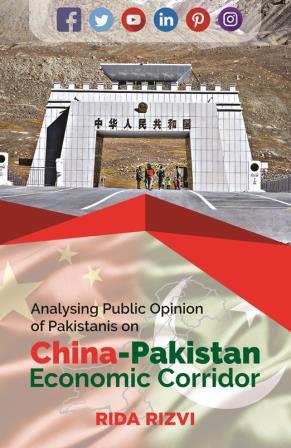
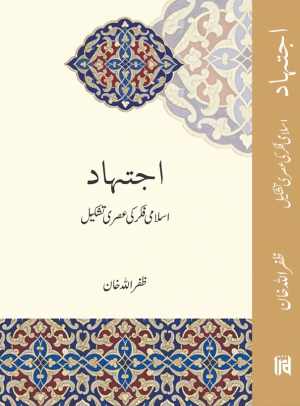


Reviews
There are no reviews yet.